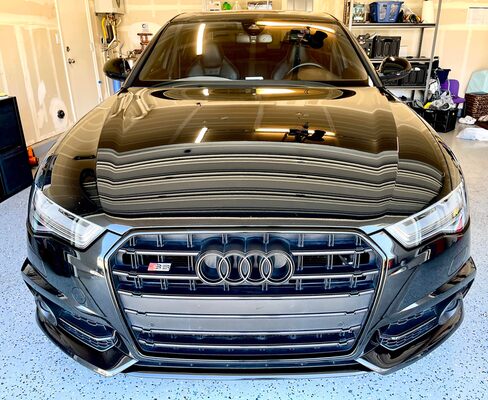
Interested in learning how to wash your car like an auto detailer? Read this guide to help you save time and energy the next time you wash your car.
Save time and energy by applying these valuable car washing tips.
We’ll show you how to wash your car in the most professional and efficient way as possible.
There’s different ways people wash their car. When you go and look up on Youtube, you will find different ways how to wash your car.
Some require pressure washer, foam gun, 2 buckets and many more equipment. Some videos and tutorials show you that their way is the “best way”
But does it apply to your current situation? What if the weather is too hot? What if your car isn’t that dirty? What if there’s a strong wind? What if the car is too hot to touch?
Will you still use your pressure washer? Will you still use the foam cannon? Will you let the soap dry up?
As you can see, washing a car isn’t rocket science but applying critical thinking and efficiency is helpful.
So how can I apply critical thinking and efficiency?
Read below the 10 actionable tips so you can wash your car like a pro.
















.png)
.png)








Leave Your Comment & Rating Below
0 Comment(s)